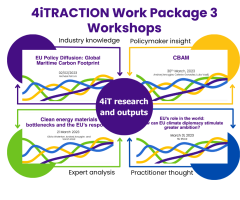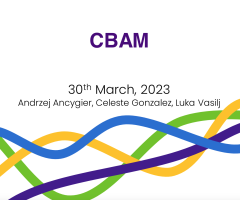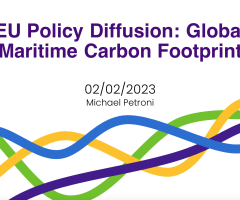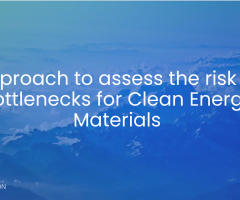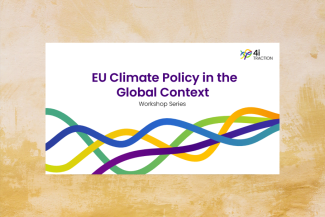
Invite-Only - Online
Workshop Series on EU Climate Policy in the Global Context
To identify and further discuss the ways in which EU climate policy interacts with the global context and can inspire transformative change, a series of workshops and interviews were held in February and March 2023.
Designed to include expert and stakeholder input in the development of discussion papers, as part of Work Package 3.2, the workshops encouraged in-depth discussion on targeted questions related to ongoing research. Input gathered from the stakeholders during the workshops resulted in more precise research and outputs, while at the same time increasing the depth of the papers, elevating the relevance of the project’s results.
The first workshop in February 2023 was used to assess the presented methodology and analysis on EU policy diffusion in the maritime sector. During this workshop the analytical framework developed for the discussion paper was evaluated, and further diffusion mechanisms for EU maritime policy were identified and discussed. This workshop generated three key conclusions: that the maritime sector requires comprehensive decarbonisation, that ports are critically important to this effort, and that Green Corridors may prove to be a key regulatory mechanism to achieve decarbonisation.
Workshop two took place in March and was used to gather expert evaluations of the proposed critical materials supply risk methodology and to identify areas for further inquiry from an industry and technical perspective. An international group of experts joined in discussion and provided insight from both the internal-EU and external perspectives. The proposed methodology was generally supported, with experts noting that it will be particularly important for the EU to be clear-eyed about the environmental and social issues which surround increasing mining capacity. A key outcome from this workshop was the identification of geo-political trade dynamics as an area for further investigation.
Workshop three focused on the trade impacts of the Carbon Boarder Adjustment Mechanism (CBAM), seeking to gather feedback from external stakeholders, policymakers and researchers on the potential implications and opportunities of EU climate neutrality goals. Participants offered extra-EU perspectives on the anticipated impacts of the CBAM in their respective countries, and several policymakers offered their perspectives on the regulation. Regional experts were clear that both bureaucratic and investment support are needed for countries that will be impacted by the CBAM, to support preparation for reporting mechanisms and execution of decarbonisation initiatives.
Workshop four gathered feedback from academics and researchers on the adequacy of the EU’s climate ambitions and how the EU can best exert its climate diplomacy in the near and medium term. The workshop confirmed the urgency of the topic, with participants from academia and industry sharing their perspectives on the state of global climate diplomacy, ambition, and the EU’s role. Climate diplomacy experts highlighted the importance of narrative development and messaging surrounding the development of more ambitious targets globally.
Regardless of the topic in focus, for each one timeliness, ambition, clear and decisive policymaking, and equity were discussed. The series of workshops supporting Work Package 3.2 further emphasised the importance of the topic-areas, and created significant opportunity for frank discussion on the challenges and opportunities facing the EU as it seeks to achieve its climate goals.
